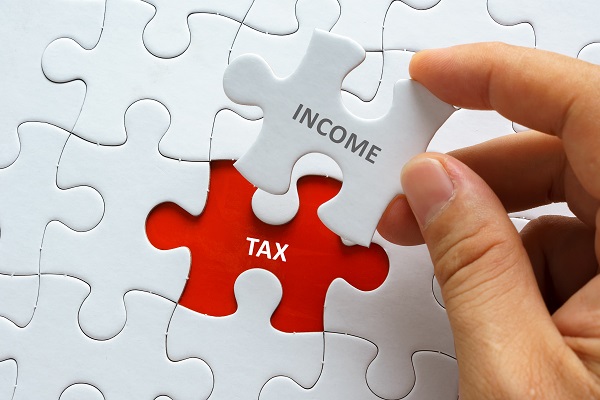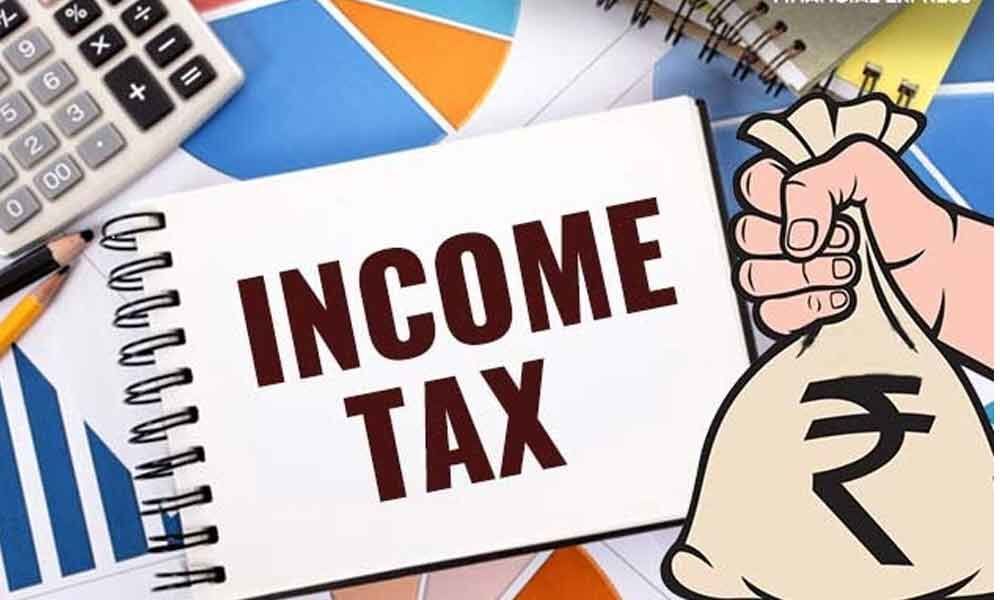High-income earners are individuals who earn a substantial amount of income. They are often in the highest tax brackets and may be subject to additional taxes such as the Alternative Minimum Tax (AMT). Tax planning is essential for high-income earners as it can help to minimize their tax liability and maximize their wealth. In this article, we will discuss tax planning strategies for high-income earners.
1. Maximize Retirement Contributions

One of the best ways to reduce your taxable income is to maximize your contributions to retirement accounts. For example, if you have a 401(k) or IRA, you can contribute up to a certain amount each year. These contributions are tax-deductible, which means they reduce your taxable income. Plus, the money in these accounts grows tax-free until you withdraw it in retirement.
2. Consider Charitable Contributions
Another way to reduce your taxable income is to make charitable contributions. If you donate money to a qualified charity, you can deduct the amount of your donation on your tax return. This can be an excellent way to reduce your taxable income while supporting a cause you believe in.
3. Invest in Municipal Bonds
Municipal bonds are bonds issued by state and local governments. The interest on these bonds is typically tax-free, which can be advantageous for high-income earners. Investing in municipal bonds can be an excellent way to generate income while minimizing your tax liability.
4. Take Advantage of Tax Credits
There are a variety of tax credits available to high-income earners. For example, if you have children, you may be eligible for the Child Tax Credit. If you have a home office, you may be eligible for the Home Office Deduction. There are also tax credits available for energy-efficient home improvements and for investing in certain types of businesses.
5. Invest in Real Estate
Investing in real estate can be an excellent way to generate income while minimizing your tax liability. Rental income is typically taxed at a lower rate than ordinary income, and you may be able to deduct expenses such as mortgage interest, property taxes, and depreciation.
6. Consider a High-Deductible Health Plan
If you are a high-income earner, you may be able to save money on your taxes by choosing a high-deductible health plan. These plans typically have lower premiums and higher deductibles than traditional health insurance plans. You can contribute to a Health Savings Account (HSA) to pay for medical expenses tax-free.
Tax planning is essential for high-income earners. By maximizing retirement contributions, considering charitable contributions, investing in municipal bonds, taking advantage of tax credits, investing in real estate, and considering a high-deductible health plan, high-income earners can minimize their tax liability and maximize their wealth.




